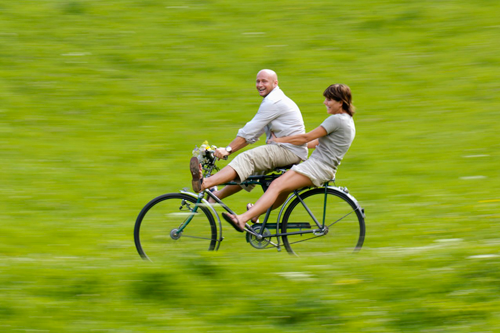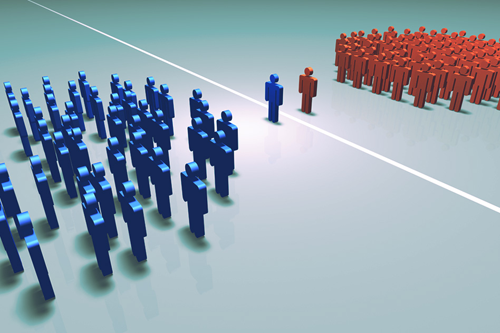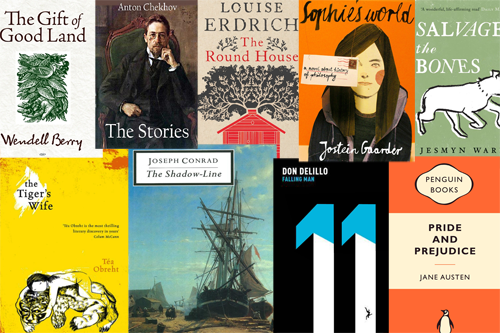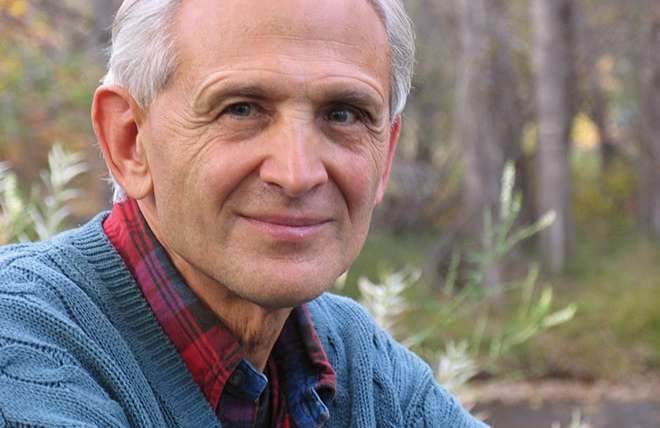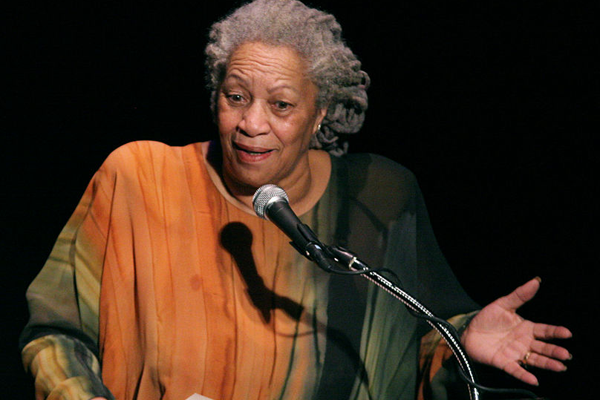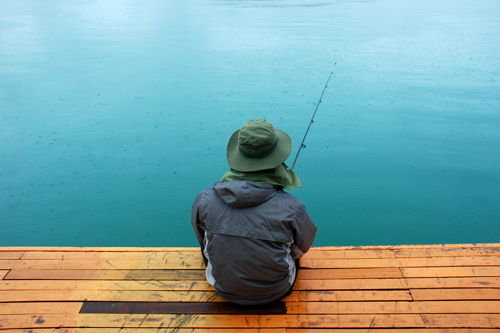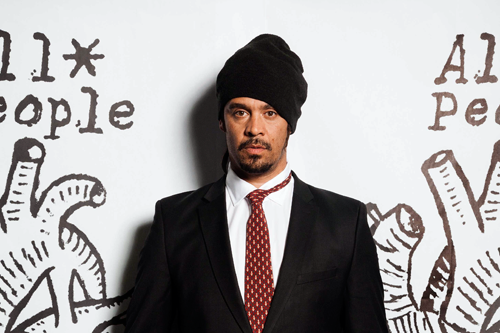A study in the Journal of Psychological Science shows that we’re much happier when there’s a lot going on in our life. If keeping active and busy is positive for our health, why do we often feel overwhelmed or exhausted by our list of responsibilities? It may not be our to-do list that is the source of our unhappiness. Instead,…



